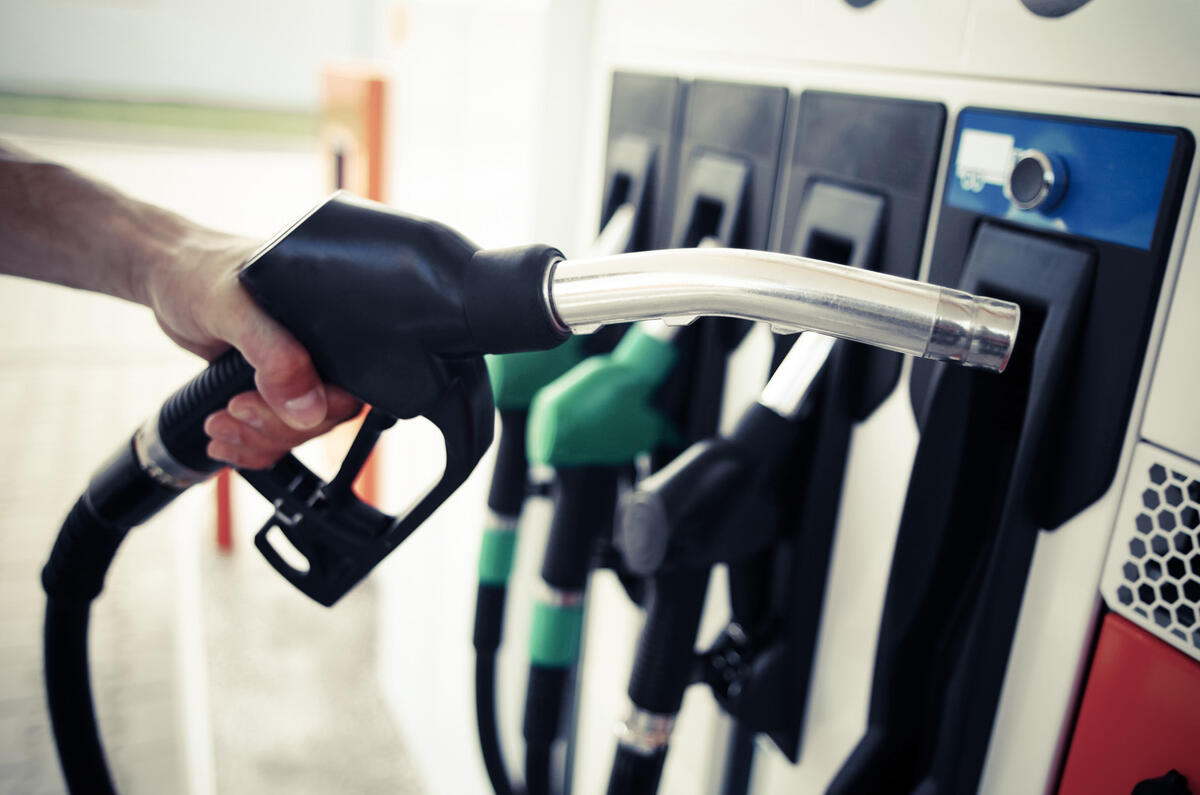Last year fuel duty raised £20.9 billion for the exchequer, down from a previous six-year average of £27.7bn – a sharp, Covid-induced insight into the sort of shortfall that EV sales could very quickly present were they to boom.
Today, tax is levied on petrol and diesel at a flat rate of 57.95p per litre, with VAT then added at 20% on the product and duty. The percentage of what you pay at the pumps in tax is actually at its lowest level since 2013 (about 58%), such has been the effect of duty freezes and rising prices.
While the 2030 ban on the sale of purely combustion-engined cars applies to only new vehicles – and a car parc of 25 million or so combustion-engined cars will live on to at least 2040 and possibly 2050 – it’s clear that urgent reform is needed to protect the nation’s finances. Fuel duty accounts for 3.3% of all the exchequer’s receipts. In the current climate, a dwindling returns model will not work.
How to replace income that is estimated to cost the average car-owning household £1000 a year? The exchequer has been busy recently clarifying VAT on public EV charging, but this is fiddling at the edges. Household charging makes pump-style taxation impossible. An alternative is needed, and it is looking increasingly likely to be pay-per-mile road pricing.
The idea has bounced around governments for decades but was regularly kicked down the road for being too much of a hot potato. In the late 1990s, Labour came close to making a decisive switch but demurred in the face of a public backlash, and it’s no coincidence that earlier this year, it was the Tony Blair Institute that put the idea back in the news. Soon, one of the parties is going to have to blink, just because of the timelines involved – if not this government, then surely the next. Even if the charges are equitable at around 5p/mile, a tax most pay unthinkingly today will become front of mind.
Despite road pricing being rooted in the same principle as fuel taxation – the further you drive, the more you pay – issues centre on the cost of setting up the charging infrastructure through to the moral arguments around tracking everyone, and the grey areas around data that follow from there. No matter that carrying a mobile phone in your pocket can do almost all these things today, this is perceived by its critics as Big Brother working on a whole new scale. The fallout will be significant and come from many angles.
But what choice is there? The move to electrification isn’t just a transportation shift but a societal one – and many of the shock waves have yet to hit.




Join the debate
Add your comment
Vehicle taxation should primarily be aimed at reducing air pollution and CO2 emissions. Does this mean increasing taxes on fossil burners or taxing higher mileage drivers more? Some mix of the two would make the most sense. It's not unlike the public approval for a frequent flyer tax, in that we need to target the section of society that has the biggest negative impact. For example diesel taxis and vans. They drive incessantly round city centres, poisoning everyone.
For petrol and diesel cars, the current fuel duty regime is probably about the best way to effectively road charge people for their driving. It's prepaid by the driver prior to use, and it's proportional to emissions - and the more economical you drive the less you pay and the less you drive the less you pay (and vice versa).
The weaknesses are that (1) it doesn't distinguish between where you drive and what time you drive and (2) it's incompatible with our increasingly electric future.
Given the direction we are heading, and accepting older and ICE cars will fizzle out to be effectively immaterial in the car population (maybe), I wouldn't like to see retrospective monitoring equipment fitted to these cars. In the not too distant future pretty much all cars will be connected and trackable (probably all cars sold now are at that stage), and so I can definitely see a charging structure being put in place based on time/location/distance/electricity used which will make electric cars no cheaper to run than ICE cars currently are (after all, they will still rightly want us to use public transport/cycle/walk where possible).
I'm not sure the best way to administer this (i.e. surely you would need to know how much you're going to be charged for your route rather than be hit with a bill afterwards). Would it be like a PAYG mobile, where you'll be monitoring your real time available balance (as well as your remaining power) and topping up a required (like petrol), or would it be a bill in arrears (potential for bad debts, disputes, or fraudulent activity), or would we estimate our monthly usage like energy bills and settle the difference every month/quarter? No idea, but you can bet something will be coming along in the not too distant future and whatever the best solution actually is, it probably won't be that.
Every new car sold since 2019 has the technology built into it to support automated road usage charging. I don't believe the government has invested in the infra-structure to do the tracking and charging and probably won't until the number of BEV's is enough to warrant the change, but with every year of sales the number of cars that can be automatically charged for road usage is increasing. This presumes that the road charging will be on the basis of cars passing virtual poll booths -there are other models possible but this seems the most likely and only implimented on major roads and into/out of city centres
Big brother may not be watching that closely yet, but he's getting ready to !!